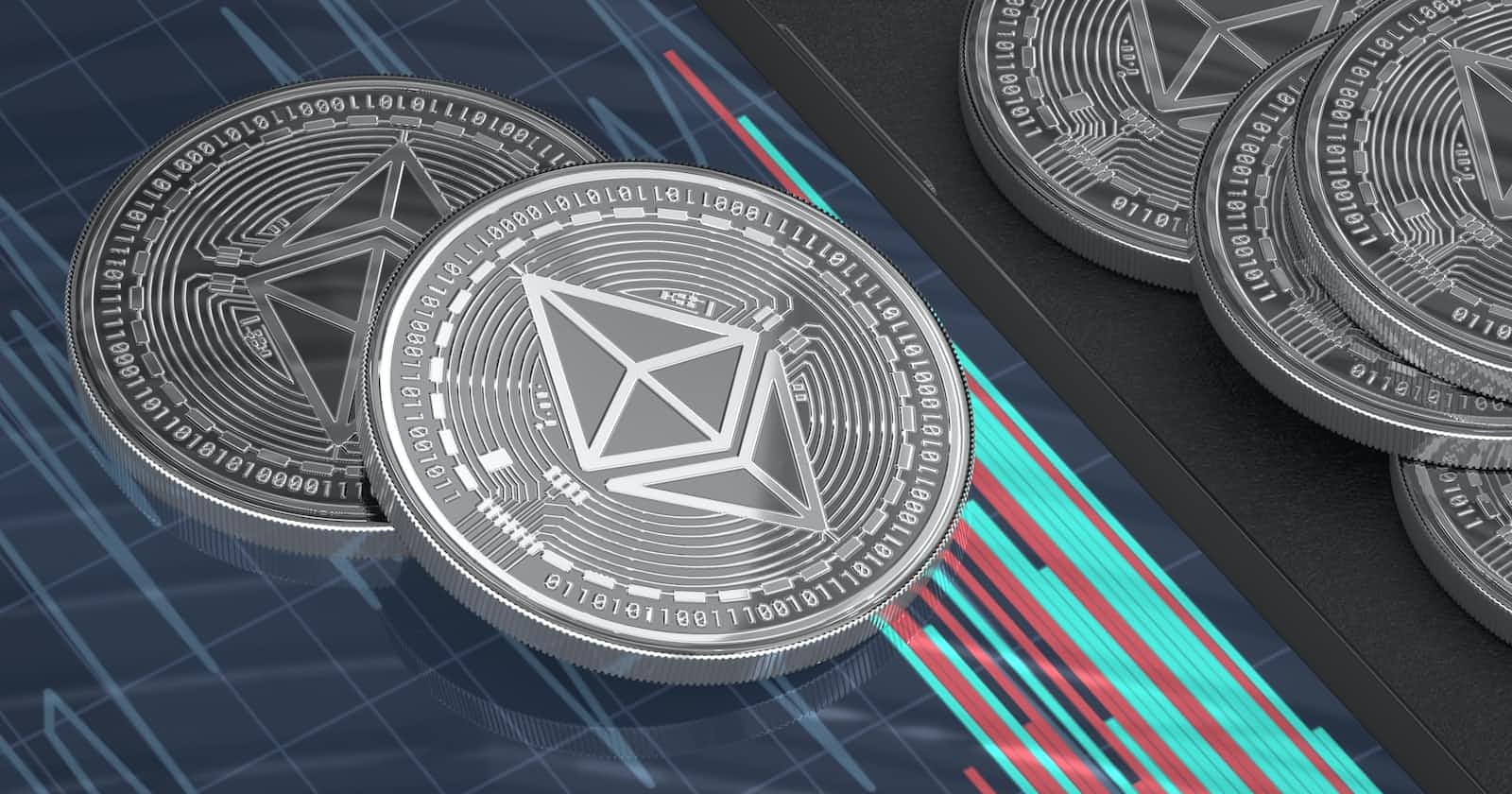
Photo by DrawKit Illustrations on Unsplash
What is ERC for Ethereum
Token standards: ERC20 vs ERC721 vs ERC1155
ERC stands for "Ethereum Request for Comment." It is a technical standard used for creating and implementing smart contracts on the Ethereum blockchain. ERC standards are created and proposed by members of the Ethereum community, and they outline specific rules and guidelines that developers must follow when creating smart contracts.
Each ERC standard defines a set of functions and events that a smart contract must implement to be compliant with that standard. Some of the most well-known ERC standards include ERC-20, which defines a standard for creating fungible tokens on the Ethereum blockchain, and ERC-721, which defines a standard for creating non-fungible tokens (NFTs).
You might be wondering who has the authority to create and manage the ERC. Ethereum’s smart contract programmers are accountable for writing ERC-related documents to describe the set of rules that every Ethereum-based token must adhere to. They also frequently review these documents and comment on them for further improvements.

ERC Token Standards
Some of the most popular ERC token standards include:
ERC-20: This is the most widely adopted standard for creating fungible tokens on the Ethereum blockchain. ERC-20 tokens have a fixed supply and are identical to each other, meaning they can be traded and exchanged for one another with ease.
ERC-721: This standard defines a way to create non-fungible tokens (NFTs) on the Ethereum blockchain. NFTs are unique digital assets that represent ownership of a specific item, such as a piece of art, music, or collectible.
ERC-1155: This is a newer standard that enables the creation of both fungible and non-fungible tokens within a single smart contract. ERC-1155 tokens are often used in gaming and other applications that require a flexible token system.
Other ERC token standards exist as well, such as ERC-777, which offers improved functionality over ERC-20 tokens, and ERC-1404, which defines a standard for creating tokens with customizable transfer restrictions.
What are the specific use cases of ERC20, ERC721, or ERC1155?
Even though Ethereum aims to make token development a straightforward process with each new ERC standard, we must agree that all the existing token standards are relevant today and relevant for different industries and their specific user needs. Here are the specific use cases of ERC tokens.
1.Use cases of ERC-20:
ERC-20 represents the value of fungible assets and is useful to organize crowdfunding campaigns, issue ICOs, and launch more cryptocurrencies in the market.
2.Use cases of ERC-721:
ERC-721 represents someone’s ownership for digital assets, mainly used as NFTs in the gaming industry, NFT marketplaces, and Metaverse platforms.
3.Use cases of ERC-1155:
Multi-utility token standard, ERC1155, is often used in online gaming. Games now have fungible elements like life/energy, NFTs like gaming characters, and fungible native currencies to exchange values.
